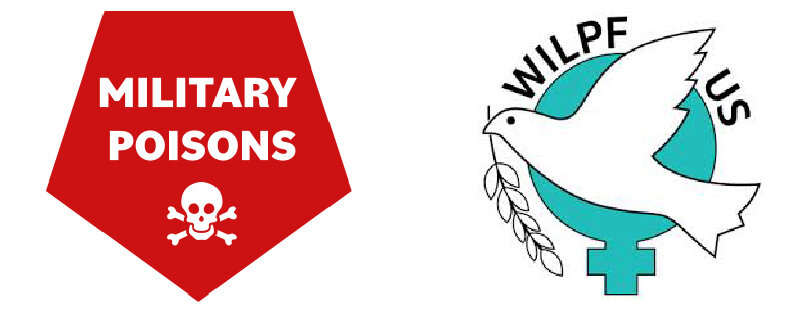Japan Speaking Tour - #13 Osaka Airport
They searched me for explosives in Osaka, Japan before I boarded a plane for the U.S.
U.S. anti-terrorism program administered by Japanese officials is part of the Secondary Security Screening Selection (SSSS) program of the U.S. Transportation Security Administration.
By Pat Elder
October 7, 2024
August 24, 2024 Japanese authorities confiscated my passport and swabbed my arms and legs for explosives.
After spending 3 weeks in Japan warning its citizens throughout the country of the dangers posed by the ongoing and reckless use of carcinogenic substances by the occupying forces of the United States military, I was subjected to harassment by Japanese authorities upon my exit of the country from Osaka on August 23, 2024.
I had initially been issued a boarding pass without the SSSS designation for seat 41A. Hawaii Airlines sent a message over the intercom at the Osaka airport, “Passenger Patrick Elder please report to Gate 30.” They issued me a new ticket for Seat 27A with the SSSS designation.
The SSSS program has been used in an attempt to
intimidate political activists critical of U.S. foreign policy.
Secondary Security Screening Selection, or SSSS, is a designation by the Transportation Security Administration (TSA) that flags passengers for extra security screening. There's no information about how individuals are chosen for SSSS. Peace activists Father John Dear and Sister Virgine Lawinger, Center for Constitutional Rights lawyers Barbara Olshansky and Nancy Chang, and various U.S. Green Party activists (like me) have been pulled aside for enhanced screening. Many of us have been tracked by the FBI, CIA, Homeland Security, DOD, and various state police agencies.
The Japanese authorities acting on behalf of the U.S. government took my passport and stopped me from boarding. They led me into a separate room. They rubbed cotton swabs on my wrists and legs to test for explosives. They did the same for my shoes. They put the results in a machine. Could the procedure be used to collect DNA samples?
As it turned out, I was the last to board.
I told them I was a nonviolent Christian pacifist and that I would be the last guy to blow up a plane.
Here, they check for evidence of explosives on my leg and in my shoes. Maybe it was something I wrote.
The results were fed into a machine that checks for explosives.
The machine shown in the photo is produced by Rapiscan Systems, a wholly owned subsidiary of OSI Systems, Inc. The OSI Political Action Committee makes generous contributions to members of Congress involved in regulating the TSA.
I asked the stern Japanese agents why I was selected and they said it was an entirely random process, but I responded that I had been through the same treatment by Irish lackeys after addressing the American military’s poisoning of the European continent during a conference in Dublin in 2018.
I told the Japanese officials my bags are frequently searched and that I had been speaking in Japanese cities about contamination coming from U.S. bases. What could they say?
In 2018 Irish authorities confiscated my laptop and cell phone for a half hour. I suppose they downloaded everything they were looking for.
Surveillance techniques have improved to the point today that they already know what’s on our laptops and cell phones. They also knew I didn’t intend to blow up an airplane.
—end of series of 13 articles.





